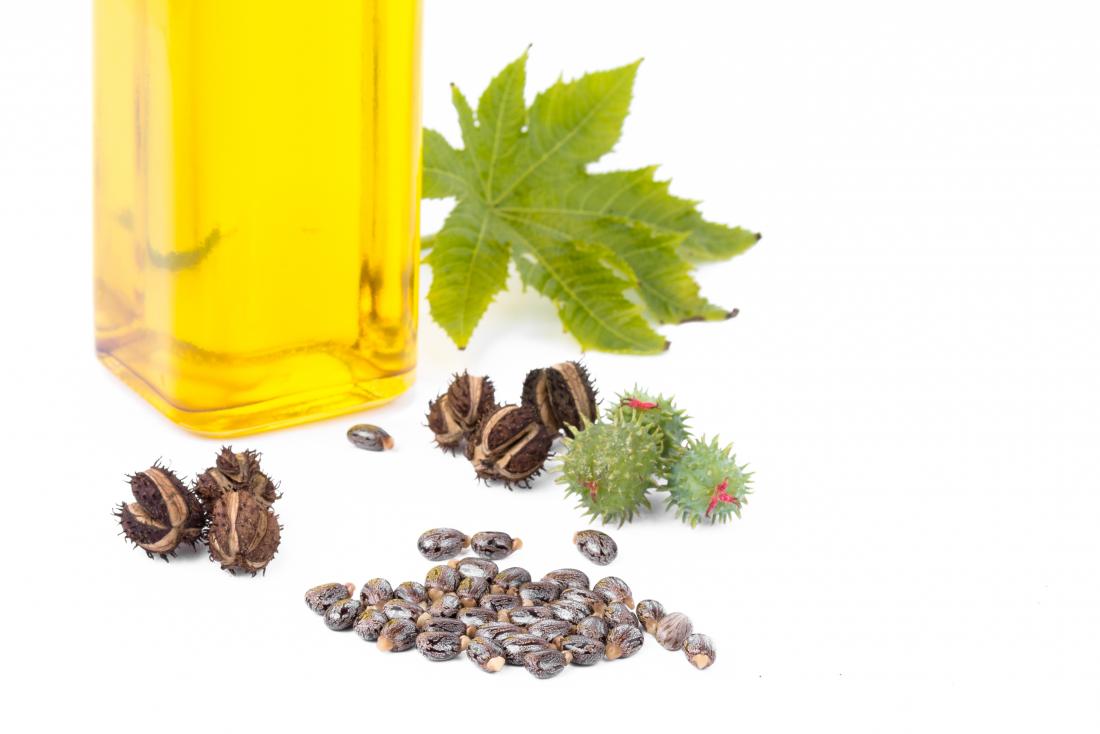Green Oil In Feces, When it comes to our health, our body has several ways of signaling that something might be off. One such signal is a change in the color and consistency of our stool. While variations can be normal, certain changes can be alarming, such as the presence of green oil in feces. This unusual symptom can be perplexing and concerning, raising questions about what could be causing it and whether it signifies a serious health issue. In this blog post, we’ll delve into the possible reasons behind green oil in feces, its implications, and when to seek medical advice.
Understanding Normal Stool
Before we explore the abnormal, it’s essential to understand what constitutes normal stool. Typically, stool is brown due to the presence of bile, a digestive fluid produced by the liver and stored in the gallbladder. Bile starts out as a yellow-green fluid and gradually turns brown as it travels through the intestines. Normal stool can vary in color and consistency based on diet, hydration, and other factors, but significant deviations can be a sign of an underlying problem.
Possible Causes of Green Oil in Feces
- Dietary Factors:
- Foods and Supplements: Consuming large amounts of leafy greens, artificial food coloring, or certain supplements (like iron) can result in green-colored stool. If these foods are high in fat or oils, it could explain the oily texture.
- Fatty Foods: A high intake of fatty or oily foods can lead to oily stools. If these foods contain green pigments or artificial coloring, it might explain the green hue.
- Digestive Issues:
- Bile Pigment: If stool passes through the intestines too quickly, bile doesn’t have time to break down completely, resulting in a green color. Conditions like diarrhea can cause this rapid transit.
- Malabsorption: Conditions that affect the absorption of fats, such as celiac disease or chronic pancreatitis, can lead to oily, greasy stools known as steatorrhea. If combined with bile that hasn’t fully broken down, the stool may appear green.
- Medications:
- Some medications, particularly antibiotics or those containing bismuth (like Pepto-Bismol), can alter stool color. If these medications also affect fat digestion, it could lead to the presence of green oil in the feces.
- Infections:
- Gastrointestinal infections caused by bacteria, viruses, or parasites can alter stool color and consistency. Infections that cause rapid intestinal transit or fat malabsorption can result in green, oily stools.
When to Seek Medical Advice
While occasional changes in stool color and consistency are usually harmless, the persistent presence of green oil in feces can be a sign of a more serious underlying condition. It’s important to consult a healthcare provider if you experience any of the following symptoms along with green, oily stools:
- Persistent diarrhea or changes in bowel habits
- Abdominal pain or cramping
- Unexplained weight loss
- Signs of malnutrition (e.g., fatigue, hair loss, brittle nails)
- Blood in stool
Conclusion
Green oil in feces can be an alarming symptom, but it’s not always a cause for immediate concern. Dietary factors, digestive issues, medications, and infections can all contribute to this unusual presentation. However, if the symptom persists or is accompanied by other worrying signs, it’s crucial to seek medical advice to rule out any serious conditions. Paying attention to your body’s signals and understanding the possible causes can help you take proactive steps towards maintaining your digestive health.
You Might Also Like These:
The Dark Side of Food Production: The Shocking Truth About Gutter Oil and Chicken Feces
Revolutionizing FECO Production: The Green Oil Machine
The Mysterious Case of Green Oil in Feces: Causes and Concerns
The Ultimate Guide to Green Crack FECO Oil: Benefits, Uses, and More
Discovering the Benefits of Golden Harvest FECO Oil: Nature’s Potent Elixir

